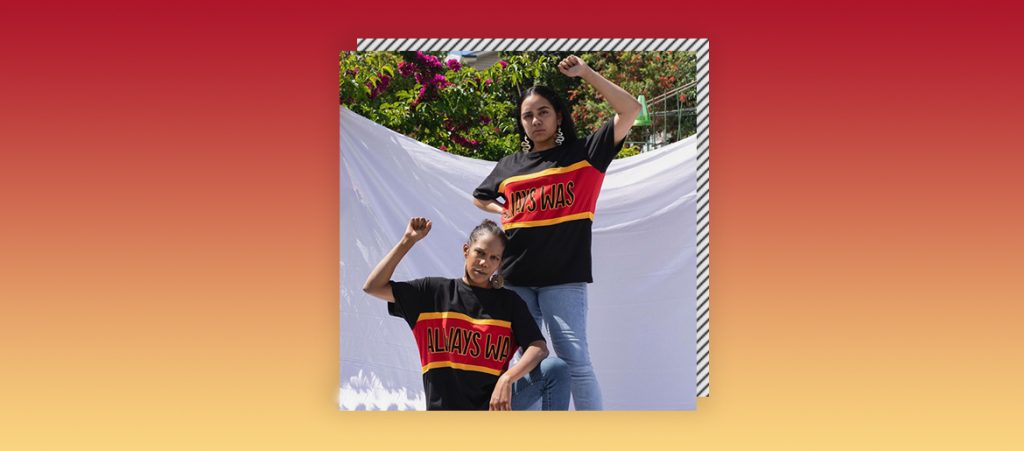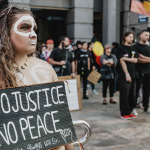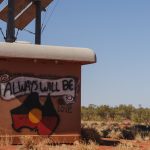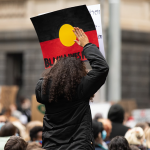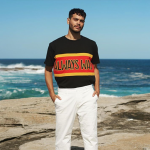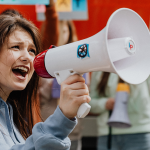NAIDOC Week is an opportunity for all Australians to celebrate Aboriginal and Torres Strait Island excellence and culture. But to be true supporters of First Nations people, we need to do more than join in for a week of celebrations. NAIDOC Week is a great time to ask yourself: do you know how to be a good ally to Indigenous Australians?
Sharing powerful quotes on social media is one thing, but it’s worth examining how far your allyship really goes. That stands not only for First Nations people, but any marginalised group you want to support.
Use this guide as a checklist and a reminder – being a true ally means actively participating in all five steps, and repeating them often.
How to Be a Good Ally to Indigenous Australians
1. Listen, really listen
The first step is the easiest. In your day to day life, how many different voices are you listening to? Whose point of view dominates the information you receive? It’s impossible to help others if you don’t have a solid understanding of the issues they face.
Make sure Aboriginal and Torres Strait Islanders feature in your social media feeds, on your bookshelf, in the music, movies, podcast, TV, radio and news you consume. We’re talking about the oldest living culture in the world, which has storytelling at the core of its very existence – listen to the stories they tell.
2. Embrace what doesn’t affect you
Being an ally by definition means caring about things that don’t directly affect you. Being a good ally means treating these issues with as much care as you would for something that impacts you personally.
When we are passionate about something in our own lives, we spend time learning and researching the topic, exploring it from all angles to improve our understanding. The same should apply to the issues that face Indigenous Australians – after the ‘listening’ comes the ‘learning’.
In our recent interview with DJ and community-leader Soju Gang, she nominated Raise the Age and Stop Blak Deaths in Custody as two that could use the most support right now.
Dive in to do your own research. And remember, don’t expect members of the Indigenous community to educate you for free – Google before asking!
Related Posts
3. Speak up & sacrifice
The first two steps are easy, and private. They’re safe. But good allies take visible action too, and speak up about injustice and imbalances in the moment.
While it might seem daunting, speaking up isn’t necessarily a combative act. It can be as simple as examining the spaces you exist in – your workplace, clubs or teams you’re a part of, even your friendship group. Is there diversity around you? If not, ‘speaking up’ means asking leaders of those spaces why that’s the case, and if there are plans to make a change.
Speaking up can make us feel nervous because it does come with sacrifice. We might feel like we are sacrificing our reputation or the comfort of the group. But the truth is that being a good ally requires sacrifice. It means taking up less space so that marginalised people can have more.
How can you take it one step further by passing opportunities along to Aboriginal and Torres Strait Island peers? If you are offered something that could and should be done by a First Nations colleague or peer, being a good ally means declining the opportunity and recommending someone else instead.
For an example of this in action, earlier this year two white book critics resigned from a funding initiative they had won. The list of five (all white) winners were decided by an all-white judging panel – to try to correct this, two of the winners resigned and asked for their funding to be redistributed to BIPOC talent instead.
4. Use your cash
This one’s self-explanatory. There is a growing wealth gap between Indigenous and non-Indigenous Australians – according to the 2016 Census, 80% of Indigenous adults have weekly income below the national average.
Of course, closing the wealth gap is a huge systemic issue, but you can help in one small way by spending with Blak businesses – particularly in the lead up to Christmas.
Hot tip: double-check that the business is actually owned by an Aboriginal or Torres Strait Islander before buying, as there are many brands that borrow from the ‘aesthetic’ but are not necessarily Blak-owned. Doing your due diligence is crucial to how you can be a good ally to Indigenous Australians.
If you still have cash to spare, pick a key challenge facing Indigenous Australians that you are passionate about and set up a regular donation.
5. Join the organised fight
Last but not least, organised protest is a mainstay of allyship and social change. As Soju Gang says, “silently standing by the Indigenous community isn’t standing by us at all.”
So join the protests, rallies and vigils organised by the First Nations community, but remember your role as a supporter. Let them lead, and speak with but not over their voices.
For protests in particular, it’s important to know your rights so that you can witness, record or intervene (if it’s safe) if any injustices occur. Again, take your lead from protest leaders and organisers.
Outside of organised protest, you can write letters, call politicians and reach out to big brands and organisations any day of the week. It’s effective, and it’s free! The Climate Council has a simple guide for political letter writing.
If reading this list makes you feel like you haven’t done as much as you could have, there’s good news. It is literally never too late to start. Pick something and action it today. Unlike the communities you are supporting, you have relatively little to lose.
Main image: Clothing the Gap

